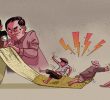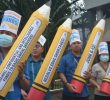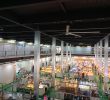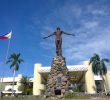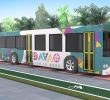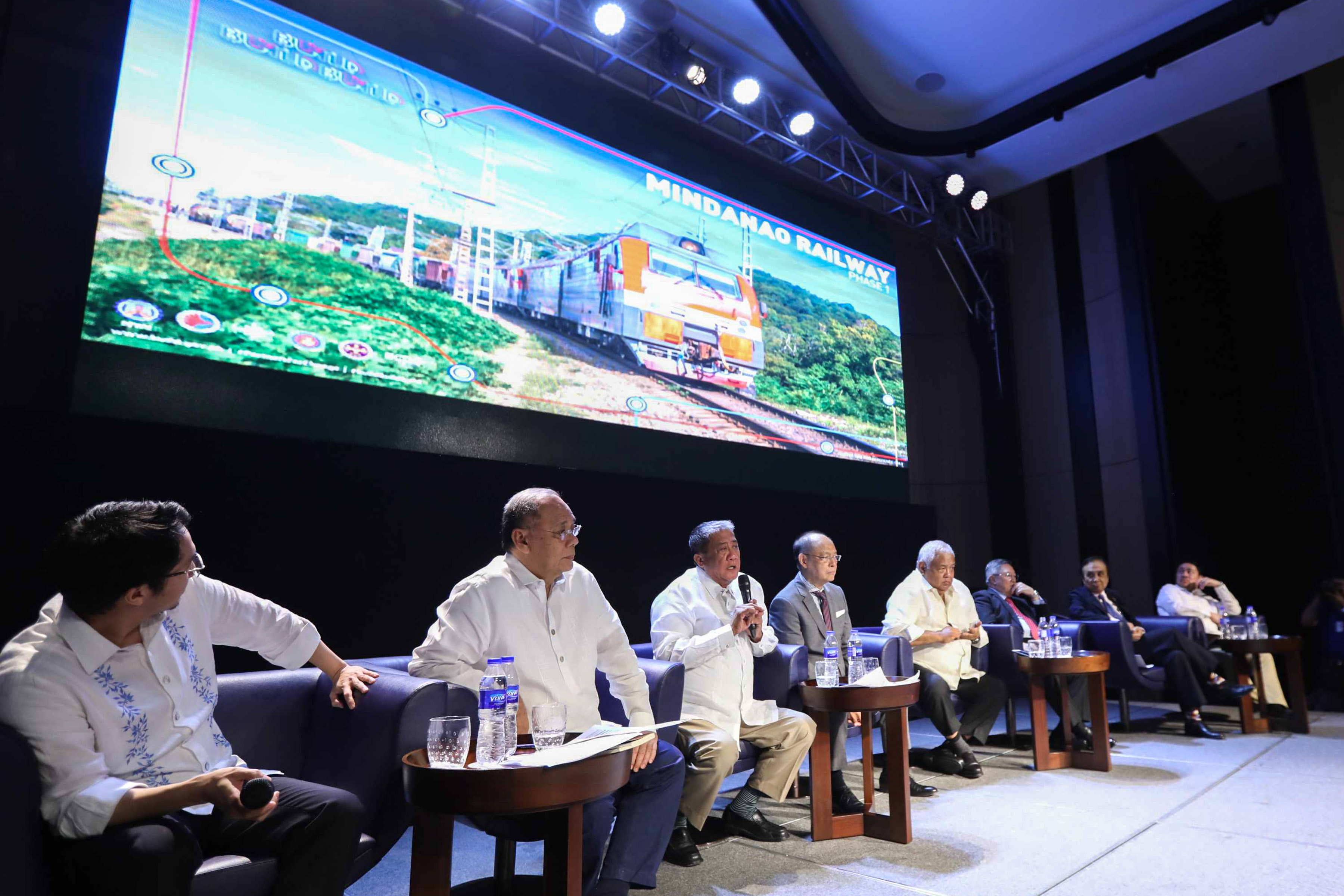
Transportation Secretary Arthur Tugade announces the various projects in the pipeline under the “Build! Build! Build!” program during the DuterteNomics Forum at Conrad Manila in Pasay City on April 18, 2017. Also in the photo are Bases Conversion and Development Authority President Vince Dizon, Presidential Spokesperson Ernesto Abella, Budget Secretary Benjamin Diokno, Executive Secretary Salvador Medialdea, Finance Secretary Carlos Dominguez III, Socioeconomic Planning Secretary and National Economic and Development Authority (NEDA) Director General Ernesto
Pernia, and Public Works and Highways Secretary Mark Villar. (Presidential Photo)
DAVAO CITY, Philippines—A government’s economic strategy dubbed as “DuterteNomics” was revealed on Tuesday in a bid to foster awareness on the economic and development programs of Philippine President Rodrigo Duterte.
Top economic managers, business leaders, bankers, diplomats, and representatives of multilateral institutions and chambers of commerce attended the “Dutertenomics” forum today which was held at The Conrad Hotel, Pasay City.
Anchored of the 10-point socioeconomic agenda of the Duterte administration, Executive Secretary Salvador Medialdea, in his opening speech, said that “DuterteNomics” will focus on the production of a progressive tax reform package and measures, among others.
But independent think tank and research group IBON has earlier criticized the tax reform plan of the Duterte administration, saying it would relieve the rich and further burden the poor if it would implement its tax reform package.
“The administration plans to fund its infrastructure expansion through a consistently regressive tax plan, which will relieve the richest and big corporations. But the poor will be further burdened through additional taxes on a wider range of goods such as fuel products, and increased value-added tax (VAT),” IBON said in a statement.
Despite the criticisms, The Palace official said that all economic reforms would only work if there is “a structured plan and that is where our economic managers enter the picture and take center stage,” referring to the newly-concocted “Dutertenomics.”
“Dutertenomics is the economic and development blueprint for the Philippines. It includes the current administration’s main governance and fiscal policies, comprehensive big-ticket infrastructure programs and upgraded social services targeted to accelerate growth, and by 2022, transform the Philippines into a high middle-income economy,” Medialdea said.
Tuesday’s economic forum was divided into six sessions, namely: Session 1: Economic Overview and Philippine Development Plan (PDP) Highlights; Session 2: Build, Build, Build Infrastructure Plan; Session 3: Fiscal Issues on Revenue and Spending; Session 4: Mindanao Economy/ Major Development Initiatives in Mindanao; Session 5: International Context and Environment for the Philippine Government; and Session 6: Reactions to DuterteNomics.
“Needless to say, we shall continue current policies that have successfully contained inflation, stabilized foreign exchange, and attracted foreign investments. The President shall also continue to give a special attention to the well-being of millions of overseas Filipino workers who have become a constant and reliable source of national income,” Medialdea said. (davaotoday.com)

